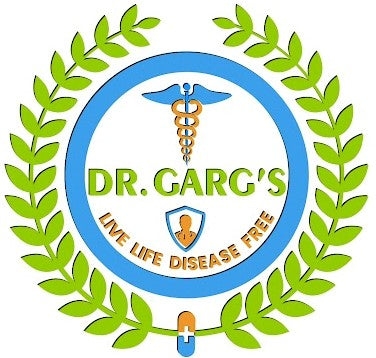Knee Pains & O.A.
Understanding Knee Pains and Osteoarthritis (OA): Causes, Symptoms, Diagnosis, and Homeopathic Treatment

Introduction:
Knee pain is a common complaint affecting people of all ages, and one of the most prevalent causes is osteoarthritis (OA). Osteoarthritis is a degenerative joint disease that primarily affects the knees, leading to pain, stiffness, and reduced mobility. While conventional treatments are available, homeopathy offers a holistic approach to address knee pain and osteoarthritis. In this blog post, we will provide an overview of knee pains and osteoarthritis, discussing their causes, symptoms, diagnosis, and homeopathic treatment options.
Causes of Knee Pains and Osteoarthritis
1. Age and wear-and-tear:
Aging is a major risk factor for knee pain and osteoarthritis as the joint cartilage deteriorates over time.
2. Overuse and repetitive strain:
Engaging in high-impact activities or occupations that involve repetitive knee movements can lead to knee pain and joint damage.
3. Obesity:
Excess weight places additional stress on the knees, increasing the likelihood of developing knee pain and osteoarthritis.
4. Traumatic injuries:
Accidents, sports-related injuries, or other traumas to the knee can lead to chronic pain and may contribute to the development of osteoarthritis later in life.
5. Genetics:
Certain genetic factors can make individuals more susceptible to knee pain and osteoarthritis.
Symptoms of Knee Pains and Osteoarthritis
1. Pain:
Persistent or intermittent pain in and around the knee joint, which may worsen with activity or after prolonged periods of rest.
2. Stiffness:
Feeling stiffness in the knee joint, particularly in the morning or after periods of inactivity.
3. Swelling:
Visible swelling or a feeling of fullness in the knee joint due to inflammation.
4. Reduced mobility:
Difficulty in fully bending or straightening the knee, as well as decreased range of motion.
5. Grating or crunching sensations:
Sensations of grinding, popping, or crunching within the knee joint during movement.
Diagnosis of Knee Pains and Osteoarthritis
If you are experiencing persistent knee pain, it is important to consult a healthcare professional for an accurate diagnosis. The following diagnostic methods may be utilized:
1. Physical examination:
The doctor will assess your knee's range of motion, stability, and signs of inflammation.
2. Medical history:
Your doctor will discuss your symptoms, medical history, and any previous knee injuries.
3. X-rays:
Imaging tests, such as X-rays, can reveal the extent of joint damage, the presence of osteophytes (bone spurs), and other signs of osteoarthritis.
4. MRI (Magnetic Resonance Imaging):
This imaging technique provides detailed images of the knee joint, allowing for a more comprehensive evaluation of the joint structures.
Homeopathic Treatment of Knee Pains and Osteoarthritis
Homeopathy aims to treat knee pain and osteoarthritis by stimulating the body's natural healing mechanisms. While individualized treatment is recommended, some common homeopathic remedies for knee pain and osteoarthritis include:
1. Rhus toxicodendron:
Helps relieve pain and stiffness, especially when the pain worsens with initial movement and improves with continued motion.
2. Bryonia alba:
Useful for alleviating sharp, stitching pains aggravated by even the slightest movement.
3. Arnica montana:
Effective for reducing pain, swelling, and bruising associated with knee injuries.
4. Calcarea carbonica:
Suitable for individuals with knee pain worsened by cold and damp weather.
5. Ruta graveolens:
Useful for treating knee pain resulting from overuse or strain, as well as for promoting the healing of injured ligaments and tendons.
Remember, homeopathic treatment should be administered under the guidance of a Dr. Garg’s, a qualified homeopathic practitioner who can prescribe the most suitable remedies based on your specific symptoms and constitutional factors.
Conclusion
Knee pain and osteoarthritis can significantly impact a person's quality of life, but with proper understanding, accurate diagnosis, and appropriate treatment, it is possible to manage and alleviate these conditions. Homeopathy offers a holistic approach to address knee pain and osteoarthritis, providing an alternative or complementary option to conventional treatments. Consult Dr. Garg’s Clinic to determine the best course of action for your specific situation and embark on a journey toward healthier knees and improved well-being.
